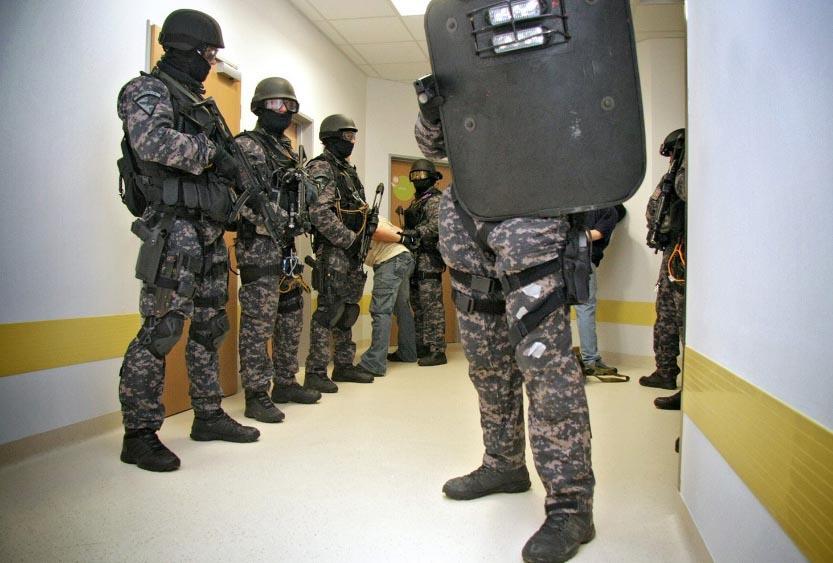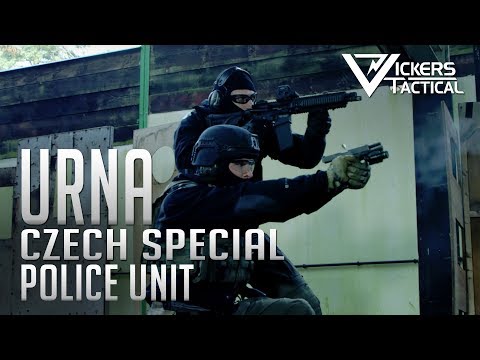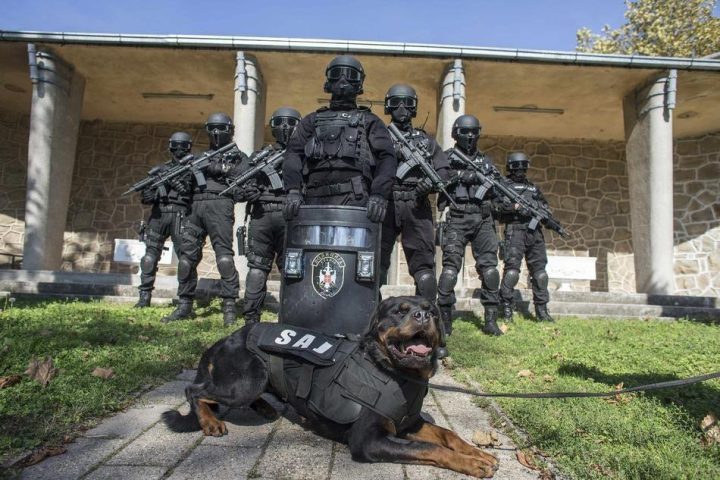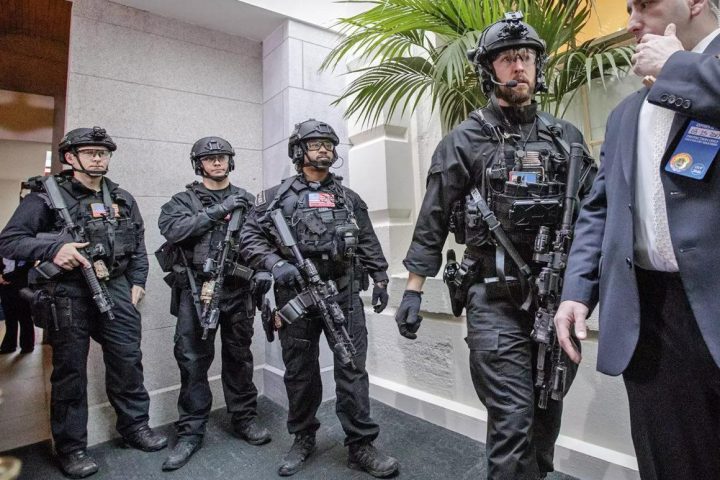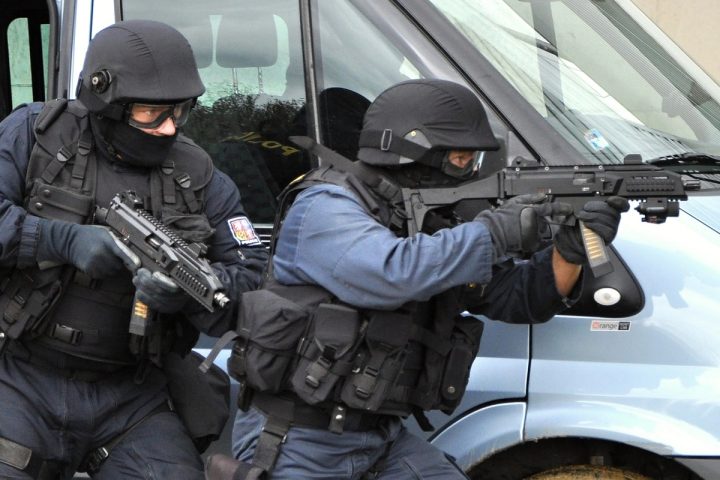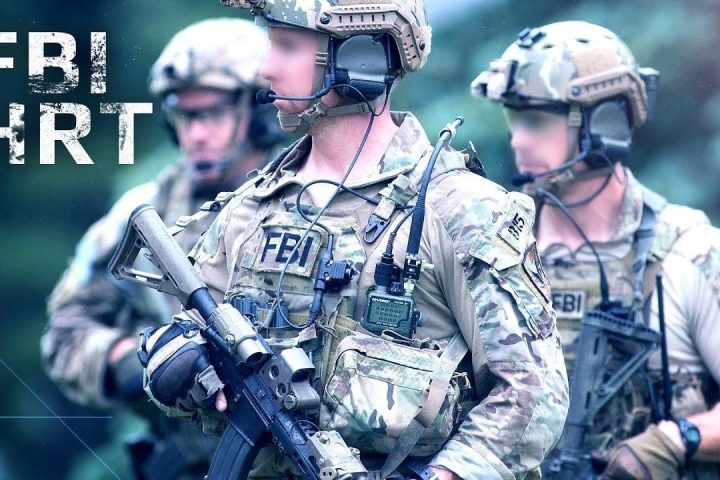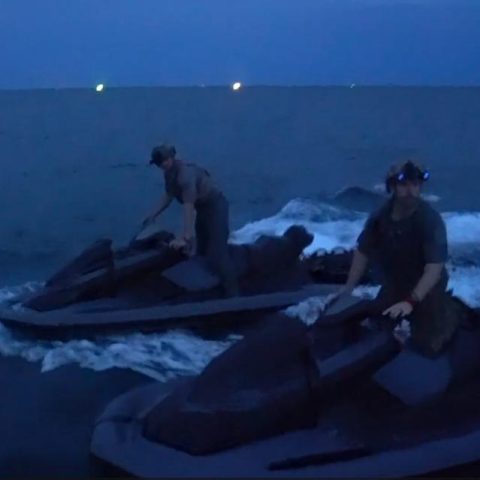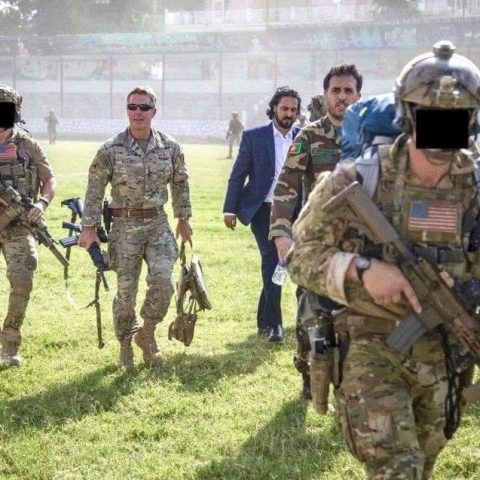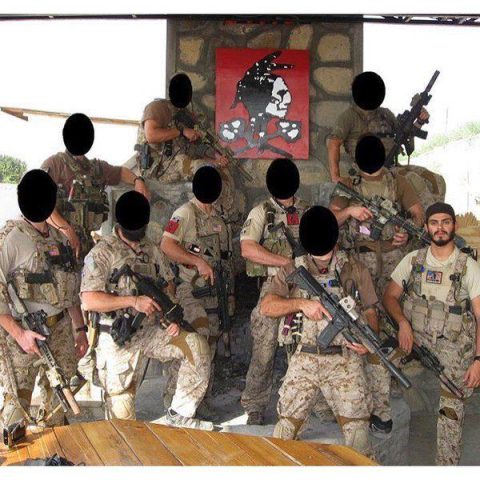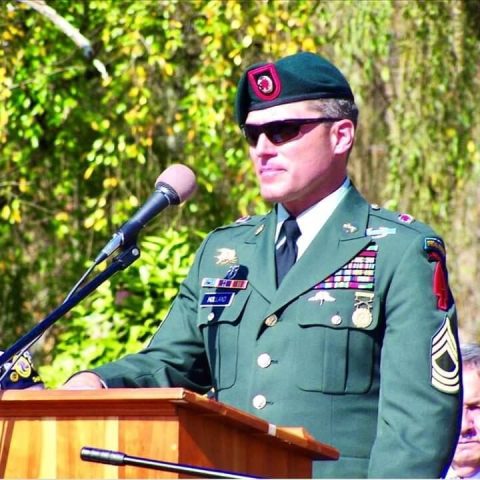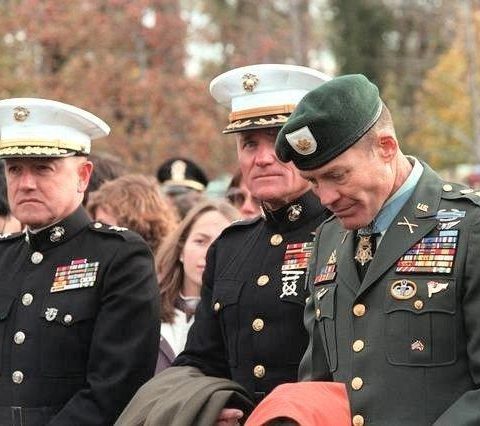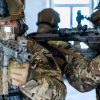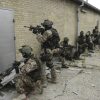The Czech police’s URNA unit is a highly skilled and elite tactical unit, widely recognized as one of the premier units of its kind in Europe. Tasked with combating terrorism, organized crime, and other forms of criminal activity, URNA represents the Czech Ministry of Internal Affairs’ ultimate solution for maintaining law and order.
Introduction
The Czech Republic emerged as a sovereign state following the peaceful dissolution of Czechoslovakia, which had previously united Czechs and Slovakians. With independence established, the Czech Republic began to transition to a capitalist system of governance and align its security structures with those of other European countries.
However, this transition was not without challenges. As is common among former communist nations, the Czech Republic faced a surge of criminal activity as organized criminal groups sought to exploit the vulnerabilities of the new democracy. These groups, which included influential Russian organizations and those from Turkey, Albania, Bulgaria, Poland, Greece, and Kosovo, competed to control the country’s territory and resources.
In particular, the Czech police have had to contend with the Kosovo mafia, a highly organized, violent and dangerous group involved in drug and prostitution trafficking, with an estimated membership of 10,000. To address this threat, the Czech Republic established the Útvar rychlého nasazení, or URNA, a rapid response unit founded at the time of Czechoslovakia.
The URNA conducts approximately 40 operations annually. Its members have served internationally, providing protection to Czech embassies in Afghanistan, Iraq and Pakistan and serving as part of the United Nations Interim Administration Mission in Kosovo (UNIMIK) as part of Special Team Six.
History
At the request of the socialist government and specialized police forces, a unit was formed to specifically address the threat of criminal activities such as plane hijackings, kidnapping, and terrorist bombing attacks. The military was not deemed capable of handling such tasks, so in August 1981, the unit for an immediate response was established as a key component of the police force’s efforts against all forms of criminal activity.
The unit, Direktorat, was placed under the command of the National Security Assembly (Sboru národní bezpečnosti SNB). Individuals were recruited from elite military units, including paratroops, to staff the unit. A prolonged process of training and equipping began, with members being provided with automatic pistols Vz.61 Skorpion cal. 7,65 Browning, assault rifles Vz.58 7,62 mm, sniper rifles of Soviet manufacture SVDN-1 Dragunov (Vz.63) 7,62×54 R mm, and domestic modified sniper rifle Vz. 54 7,62, shotguns, grenade launchers RV-85 cl. 26,5, and various types of pistols.
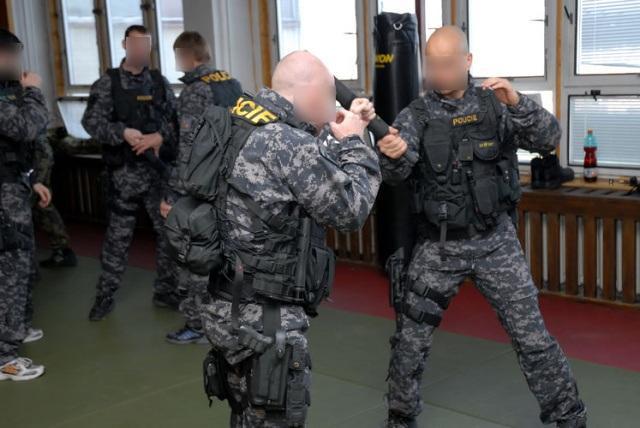
The unit was distinguished by the red beret worn by its members, a symbol inherited from the military units from which they were recruited. Initially, the unit was primarily intended to handle riots and public demonstrations, but its mission changed over time. In 1985, the unit was renamed the “Odbor zvláštního určení,” or Department for Special Interventions, and placed under the command of the Ministry of Internal Affairs.
However, these changes had negative consequences for the unit. The communist Czech government used it to quell protests and demonstrations led by anti-government organizations, often using brutal methods, particularly between 1988 and 1989.
Coup in 1989
In 1989, a significant political shift occurred in the Czech Republic when the communist party was ousted from power. This event marked the beginning of a new phase in the development of the unit, resulting in a shift in philosophy. The focus of the unit’s training shifted towards performing interventions in cases involving kidnappings of people and vehicles, particularly against dangerous offenders and organized criminal groups.
As a result, the unit changed its name to “Jednotka rychlého zásahu Federální policejní služby – JRZ FPS,” which translates to “Unit for Immediate Interventions of Federal Police Forces.” Additionally, the unit’s symbol was updated, with the red beret replaced with a dark green one in November of 1989.
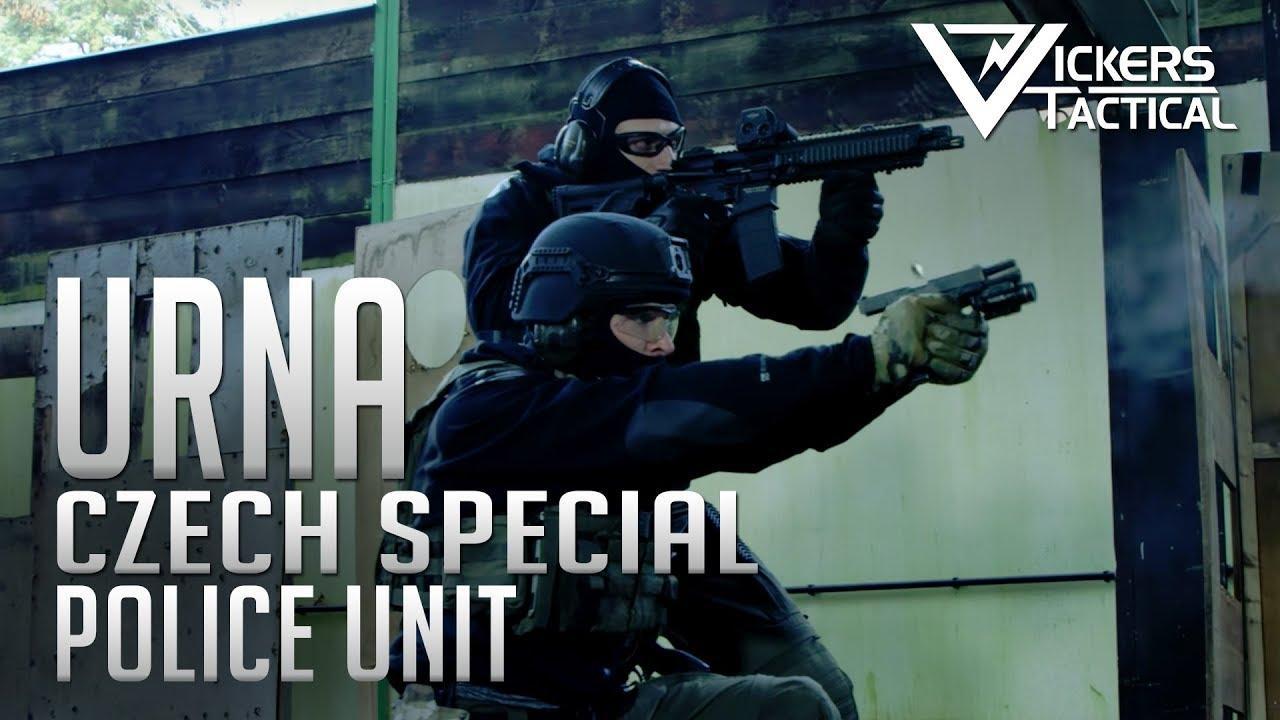
With the change in the country’s political landscape, the JRZ unit regained the responsibility for which it was initially formed in February of 1990. That same year, the unit participated in a successful operation to free hostages. As the country opened itself up to the world, the training of unit members also adapted, with officers being introduced to the practices of their foreign counterparts.
The unit began to travel more frequently abroad, and significant investments were made in modern western equipment. In 1990, the unit’s name was changed again to “Útvar rychlého nasazení- URNA” (Unit for Immediate Interventions) of the Czech Police Force, a name still in use today.
Organization and tasks
The URNA is divided into three distinct sections:
- The Rapid Deployment Section includes three intervention groups: Specialists, Pyrotechnists, and the Training Group.
- The Special Services Section comprises members with specialized skills, such as snipers, signallers, planners, and drivers.
- The Administrative and Logistics Section handles organizational, material, and staffing needs, including the secretariat, a lawyer, and administrative staff.
The primary duties of this specialized police unit include performing high-risk actions that require specially trained personnel equipped with advanced gear and weapons. These actions include:
- Interventions against terrorist groups, kidnappers, and air pirates.
- Interventions against organized criminal groups and dangerous criminals.
- They provided security and protection for high-ranking government and political officials, domestic and foreign, visiting the Czech Republic.
- We are securing Czech diplomatic offices worldwide.
- They are repelling prison mutinies.
- Assisting citizens affected by natural disasters.
Selection and training
Members of the Czech Police with at least three years of service (or an academic degree) are eligible to join the URNA. The training required includes specialized tactical training, shooting preparation, work at heights, self-defense, airborne and topographical training, and medical training. The URNA also conducts joint training exercises with foreign units such as the 22 SAS, GSG9, GIGN, and others.
The ideal candidate for the URNA should possess the following qualities:
- Intelligence – Average to above average with the ability to learn and solve problems in stressful environments.
- Ambition and self-discipline – A clear understanding of one’s abilities and a willingness to work on self-improvement.
- Flexibility and adaptability – The ability to think unconventionally, be inventive, and improvise.
- Maturity – Controlled and composed behavior, free from impulsiveness, naivety, exaggeration, and internal discipline.
- Psychosomatic stability – Emotional stability and the absence of psychosomatic problems.
- Emotional stability – Patience and the ability to withstand criticism.
- Emotional mood – Optimism, sense of humor, and a steady emotional state.
- Social adaptability – Friendly and open communication, respect for authority, and the ability to conform to group rules.
- Aggression and courage – Controlled and targeted aggression, courage with self-preservation, and no reckless behavior.
- High frustration tolerance – The ability to remain operational and focused on goals during breaks, waiting, and challenging circumstances.
- Sense of justice, honesty, conscientiousness, and positive motivation to work.
Equipment
The URNA, a specialized unit of the Czech Police, is equipped with various firearms and other gear. The standard issue for the unit is the Glock 17, with the Glock 26 also used for concealed carry. The Heckler & Koch MP7 submachine gun is used to replace or complement the MP5, which is also used in various configurations. The Heckler & Koch G36K is currently being replaced by the HK416, used in multiple versions and configurations.
The Heckler & Koch HK417 is used as a sniper support rifle and support from a helicopter. The SAKO TRG 22 and TRG 42 have been replaced by the Accuracy International AXMC within URNA but are still used by Czech regional SWAT units. Other firearms used by URNA include the Benelli M3-T for door breaching, the FN Minimi for foreign operations, and the HK 69A1 grenade launcher for training with various types of ammo. URNA also uses Nomex gloves and multiple types of flashbangs, such as P1 Flashbang and Rheinmetall Nico Flashbangs.
Former equipment
The CZ 75B was eventually phased out and replaced by the Glock. The Beretta 92FS, on the other hand, was introduced as a complement to the CZ 75B. A small quantity of Walther P99s was also procured alongside the Glock 17.
The SA Vz. 58 was a standard-issue rifle for foreign missions. Over time, it was updated with FAB Defense components such as a telescopic stock and a handguard with MIL-STD rails. Eventually, it was replaced by the H&K G36K. The SVD Dragunov was also used as a standard sniper rifle. However, it was replaced by the SAKO TRG 22 and TRG 42 after the SSG-3000 ended.


